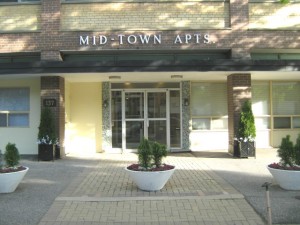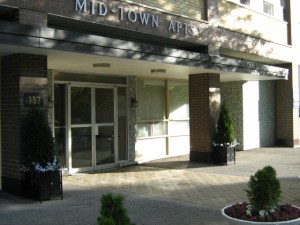Published December 1, 2013
by iboran
Idil Boran,
York University
The negotiations at the annual meeting of the United Nations Framework Convention on Climate Change (UNFCCC), held in Warsaw November 11-22, 2013, were tumultuous. Delegates, exasperated by persistent disagreements over key issues, worked into the night of November 22 and throughout the day on Saturday November 23 to secure a reasonable agreement. In the end, Warsaw 2013 ended more constructively than expected.
Warsaw was an important step on the road to the meeting in Paris in 2015, where the international community is expected to adopt a new treaty on climate change. One important achievement coming out of Warsaw is that the international negotiations remained alive, with specific goals to meet, on the way to Paris.
The stop between Warsaw and Paris is Lima, Peru, where the 20th meeting of the Conference of Parties will take place in December of 2014. The role Lima can play is critical in many respects. Most importantly, what is to be agreed upon in Paris will need to be prepared - with its final draft being fully worked out – in Lima.
If it is well structured and intelligently run, the meeting in Lima 2014 presents great potential. But what precisely should be expected from Lima? To some extent, the answer to this question requires understanding what has and hasn’t been achieved in Warsaw.
First, Warsaw offered no magic all-encompassing formula. But this kind of easy result should not be expected in the first place. What is needed is an ongoing, structured, transparent, and inclusive conversation, for which the UNFCCC serves as platform, in order to work through the multiplicity of issues and conflicting interests between nations. In other words, the problems associated with climate change (both on the mitigation and adaptation pillars) cannot be solved in one sitting, but will probably require many COPs. In this process, Warsaw will go on record for two important agreements:
1. An agreement over a mechanism for reducing emissions from deforestation and forest degradation.
2. The Warsaw International Mechanism for Loss and Damage Associated with Climate Change Impacts.
The issue of loss and damage dominated the debates in Warsaw and turned out to be, as expected, extremely divisive.
Some parties insist on pursuing the discussion under a new third pillar, in addition to the traditional pillars of mitigation and adaptation at the UNFCCC. It is because of this demand that this already sensitive issue became ever so contentious.
There were deep disagreements over whether a third pillar, dedicated exclusively to loss and damage as a separate issue from adaptation, is necessary. From a pragmatic perspective, a third pillar may cause an unnecessary proliferation of negotiation pillars at the COP meetings. From a normative equity perspective, it may confuse many negotiating parties into thinking about a loss and damage clause strictly as a “historical accountability” clause, preventing them from finding productive pathways for an equitable agreement. Next year’s meeting in Lima must set the normative, equity-based, framework on the international mechanism on loss and damage very carefully, so it can make progress on the issue.
Finally, what prevented the negotiations from being completely deadlocked in Warsaw was an emphasis on countries’ “contributions” to climate change policies, including mitigation, instead of the usual emphasis on “commitments”. To pessimists, this may appear to be no more than quibbling over words. But we must remember that how an issue is framed has significant influence on the results. So, if it turns out that the idea of making a “contribution” to efforts to address climate change resonates in the minds of negotiating parties as something they can all agree to, then it may well set the international community on a track toward a new generation of climate treaty come 2015.
Idil Boran, Associate Professor and Director of the Certificate Program in Practical Ethics, Department of Philosophy, York University. Professor Boran attended COP 19 in Warsaw as a York University observer delegate.
Send inquiries to: iboran@yorku.ca
Posted in: Blogs | Turning Up the Heat



 Tar
Tar Offshore
Offshore Terra Communis
Terra Communis Bidder70
Bidder70 Revolution
Revolution

